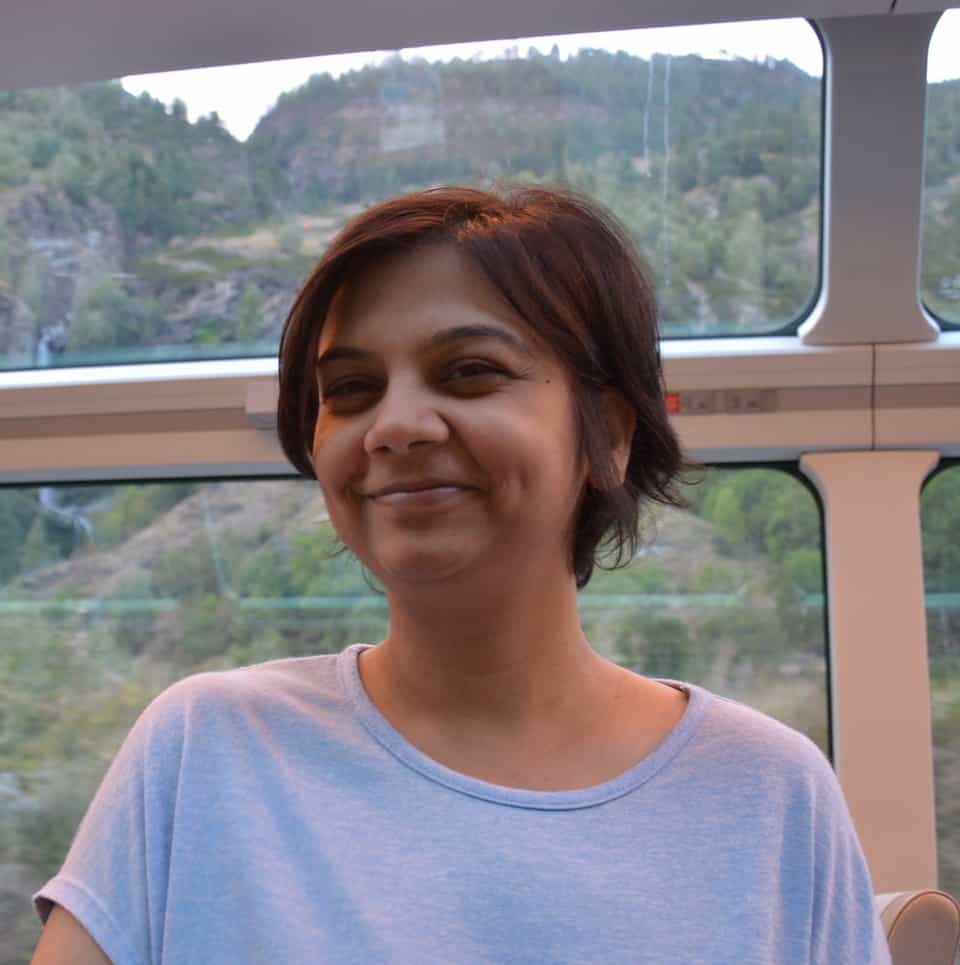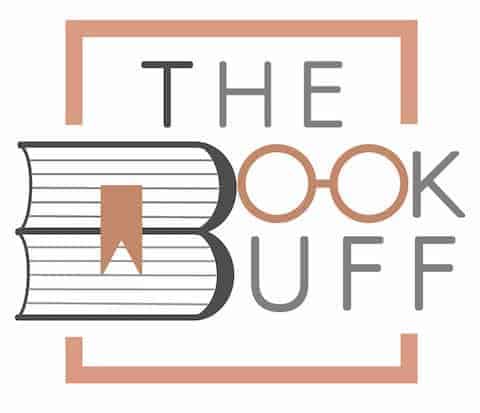What is the Best Way to Read a Book Effectively?
Disclosure: This post may contain affiliate links. – meaning I may get a commission if you decide to purchase through my links, at no additional cost to you.
You’ve heard phrases like “the more you learn, the more you earn,” and “so many books, so little time.” Then there’s the fact that Bill Gates reads over one book every week. All this may inspire you to become an avid reader yourself. Here’s how you can pull this off.
The best way to read books effectively is to do so in a distraction-free environment and in a setting you enjoy. You must read a portion you can digest without getting distracted and take notes, reflect, have a dialogue about it. The more you engage with a book, the more effective it becomes.
In this article, you’ll discover 13 tips that amp up your reading effectiveness alongside the answer to essential questions like how fast you should read and whether highlighting is better than taking notes. By the end, you’ll know all you need to be a better reader.
13 Tips to Read a Book More Effectively!
Let us not waste any time and get to the tips straight away! After all, the time we save is the time we shall invest in reading more books!
1. Be Intentional With Your Selection
To be an effective reader, you must know yourself. There are celebrity CEOs known for reading a book a day. Still, they’d not be able to make it past the first few pages if the book they were handed was one they didn’t like.
In fact, reading-aversion comes from the connotation we have between reading and school textbooks.
The textbooks we read (are forced to read) in school are formulaic and boring. As a result, we develop a pavlovian aversion to reading where we have a knee-jerk reaction to skip the activity altogether.
The beautiful thing about Amazon’s infinite shelf-space and the hyper-competitiveness of the internet is that there are books on every subject in every language in an almost infinite number of tones.
You will find what you like if you keep an open mind instead of lumping all books as a single boring blob. And if you get this part right, you might not even need other tips because where there is interest, there’s will. And where there’s a will, you know the rest.
Knowing yourself without putting on any airs is the key to figuring out what you like. Don’t think about what you would want people to think you like.
To make people think you read big boring books and are intellectually inspired by them, you can buy a hardcover and then opt for Blinkist to get the main ideas. But to genuinely be effective at reading, you should pick the books that actually draw you in.
2. Use Curiosity in Your Favor
The previous tip mentions Blinkist, but ironically, this one denounces it. Blinkist is great if you want to briefly go over the ideas in a book but to treat it as a trailer for a book is not logically sound. Firstly, you get the actual idea upfront in a low-effort manner.
Then, there’s no reason to put in more effort to get the same idea. So, if you’re sure you want to read a book, don’t check its cliffs notes or summary. Use curiosity in your favor.
Just like the pavlovian association between books and school makes you averse to reading, the cognitive bias that triggers you to seek what inspires your curiosity works in your favor if you don’t read up the ideas in the book before you open it.
3. Make a Ritual Around Reading

The human brain and body can’t be disconnected and arranged into different categories. The brain is a part of your body, and the position of your body, as well as its experience, affects your mental state. Reading a book at a cafe is different from reading one in your bed.
This brings us back to the point about knowing yourself. If you know that you are more inspired to read in a specific context, then you should build a daily ritual that involves said context. You might make a small ceremony out of having coffee and reading a book.
If that’s not your thing, you might like to keep a bookshelf in your washroom; I am no one to judge. No one can judge what works for you when it comes to reading books, but if you can spot a situation and make a ritual around it so that your body is in a specific position experiencing a range of things while you read, you’ll have an easy time focusing.
4. Reward Post-Reading to Build a Pavlovian Association
You’ve already learned about the negative association we have with reading because of the classroom connotation. The good news is that you can easily reverse this. All you need to do is reading very interesting books very frequently.
And to make the positive association stronger, you can reward yourself after you’re done reading for the day. This connects reward and the rewarding hormones produced by said reward with reading, turning it into an experience you look forward to.
5. Be Consistent Even in Small Steps
This is an extension of the previous step but fleshes it out better. Instead of forcing yourself to read a book every day, commit to reading every day, even if there are days where you can only manage to read a paragraph.
This will break any sense of being overwhelmed that comes with the daunting task of finishing a book. It is by having a consistent streak that you come out ahead.
6. Pick Easier Books Until All Books Become Easy
When you ask people what their favorite book is, they rarely mention the first book they read. It is actually better to ask people the first book they remember reading.
Even if you did ask this, they’d not be able to recall it properly because the brain remembers challenging times more. And the first book anyone reads as a kid is a picture book with very few words.
You shouldn’t break that principle and graduate to an extremely tough book just because it is a new york times bestseller. I’m not saying you must thumb through picture books. But I am condoning picking books that are easy to read yet within your area of interest.
If you stay consistent, you’ll soon realize that what you previously perceived as tough reads have become easier as your capacity for focus has increased. And if you’re in a hurry to seem like an avid reading intellectual, you can always listen to a book summary and pretend you read the book.
The actual reading practice, however, must follow the immutable rule of “easy to tough.”
7. Have Discussions About the Content You’ve Read
Humans are called social animals for a reason. We put so much emphasis on a social perception that our entire economic structure relies on others’ opinions. The price of bitcoin, as well as the ads you click on this blog, are all based on what people think.
With this level of social investment, it makes sense that having discussions about what you’re reading will further commit you to finish the books you’ve started. Whether you talk about a chapter at dinner or discuss an insight with a coworker, finding an interested audience is key.
Telling someone what you’ve read only for them to dismiss it can be quite discouraging. But if you find those who will hang on to every word you say about a chapter you’ve read, you’ll have social prestige associated with reading the next chapter.
8. Don’t Try to Finish the Book Too Quickly
This is a very crucial tip that sounds obvious. But some people are so invested in speeding up their reading time that they dismiss comprehension, absorption, and application in the process.
Yes, being efficient with your reading is important but to have a “book per unit of time” deadline is unfair simply because some books deserve more time. The density of ideas in The 48 Laws of Power is different from the density of Be Obsessed or Be Average.
9. Skim Each Chapter After You’ve Read It
Cliffnotes, before you read a book, will kill your curiosity but getting a brief summary by glancing through a finished chapter or looking at a chapter summary will help your procedural memory.
Do this especially if you take a bit of a break from reading!
You want to be able to recall what you’ve read, and once you’ve finished a chapter, going through it will uncover what was truly important as your brain will automatically ignore the aspects it didn’t find valuable.
10. Read Different Books at Different Times in the Day

The human capacity for focus is limited. Yes, some people can focus more than others, but we all have a limit. That’s why I advise you to read at least two books simultaneously.
Well, not at the same time. But start reading two books and read at least a portion of each every single day. This allows you to switch when you’re getting tired of one book instead of switching off reading entirely.
11. Read the Last Paragraph of the Previous Chapter Before Starting the Next
When you watch a TV show, there’s a recap. Recaps exist for the simple reason that our mind loves momentum. So when you start reading, you should get a quick recap for yourself.
The last paragraph of the previous chapter is usually a great way to build the momentum necessary to get back into the book.
12. Find a Memory That Matches a Lesson You’ve Learned
This tip works more specifically in non-fiction books but can also be tried with fiction. Whenever you notice a lesson or a tip in a non-fiction book or a relatable instance in a fiction book, pause and think of a time in your life where said lesson or instance was relevant.
This association bleeds the insight or story element from your short-term memory into your long-term memory, making it more likely that you’ll recall it when necessary.
13. Share Your Thoughts on Social Media
Social media is becoming a content-hungry giant. The good news is that if you read regularly, you have something to talk about. You’ll never run out of books to read, and you’ll always have opinions about whatever you read. We spend a lot of time on social media.
From going live on Facebook to tweeting your thoughts on a chapter, the more you make the books you read a part of what you do throughout your day, the more of a reader, you will become.
You’ll start identifying with the term “reader” and even associate personal prestige with it.
How Fast Should You Read a Book?
One cannot talk about effectiveness without discussing efficiency. After all, effective reading cannot mean finishing a book in one year.
But reading a book within an hour doesn’t seem right either because you cannot possibly glean all the important ideas and truly internalize them in that time. So how does one strike a balance?
An average reader reads a book at about 200 words per minute or about three words every second. At this pace, you should be able to read a page every 2 minutes. In other words, you should be able to finish a 300 to 400-page book in about 10 hours.
If your natural pace exceeds this, then you can proceed with your higher reading rate, but if you lag behind 120 wpm, you must work on your reading speed for better reading efficiency.
Reading too quickly can lead to missing our own ideas, whereas reading too slow can be distracting as your mind can get bored and tired of reading.
The balance of 120 words per minute comes from being easy enough for most people to execute yet being a challenge enough to keep them engaged in the activity.
Is Reading Two Books at Once Bad?
Reading two books at once is not advised for beginners. However, if you are an experienced reader, you can read two books at once as long as you are able to keep track of the storyline or the key learnings from each book.
Reading two books at once is a good idea if you’re seeking inspiration but a bad one if you’re looking deeply into a single subject.
Two books can contain diverse ideas which your creative circuits can connect to form new ideas. And if that’s what you want, you should read a portion from two different books every day.
Should You Make Notes or Highlights When Reading?
Generally speaking, making notes when reading can help you quickly recall the storyline and key activities. It can also help you keep track of key moments in a book that you may want to come back and reflect upon.
When it comes to effective reading, you must internalize and apply concepts. To do this, you can either type out notes or highlight portions of the book. Apps like Kindle actually facilitate highlighting, while most PDF readers have the option to add notes. But what is more effective?
You should take notes to improve your recollection of what you’ve read and must leave highlighting to the instances where you don’t have time and plan to come back to take notes. Ultimately, it is through reflection and writing that you will internalize concepts from the book.

About the Author
Akansha is a former business journalist and a seasoned communications professional. She is the founder of TheBookBuff, an avid storyteller, and a lifelong biblophile! Check out her profile page to know more about Akansha.

![Kindle vs. iPad: Which is Better for Reading in 2023? [Guide!]](https://thebookbuff.com/wp-content/uploads/2022/08/reading-on-iPad-300x223.webp)
![How to Read Kindle Books on Android? [Beginner’s Guide!]](https://thebookbuff.com/wp-content/uploads/2022/11/smiling-asian-woman-reading-text-message-on-cell-p-2022-11-23-18-00-48-utc-300x200.jpeg)

![Kindle Paperwhite vs Oasis: Which is Better? [Full Guide!]](https://thebookbuff.com/wp-content/uploads/2023/08/Kindle-Paperwhite-vs-Oasis-300x201.jpg)
![How to Get Kindle Unlimited for FREE? [Complete Guide!]](https://thebookbuff.com/wp-content/uploads/2022/09/Person-holding-a-Kindle-in-the-hand-300x200.webp)
![Difference Between Kindle and Tablet? [Complete Guide!]](https://thebookbuff.com/wp-content/uploads/2022/06/Charging-Kindle-and-iPad-Tablet-300x225.webp)